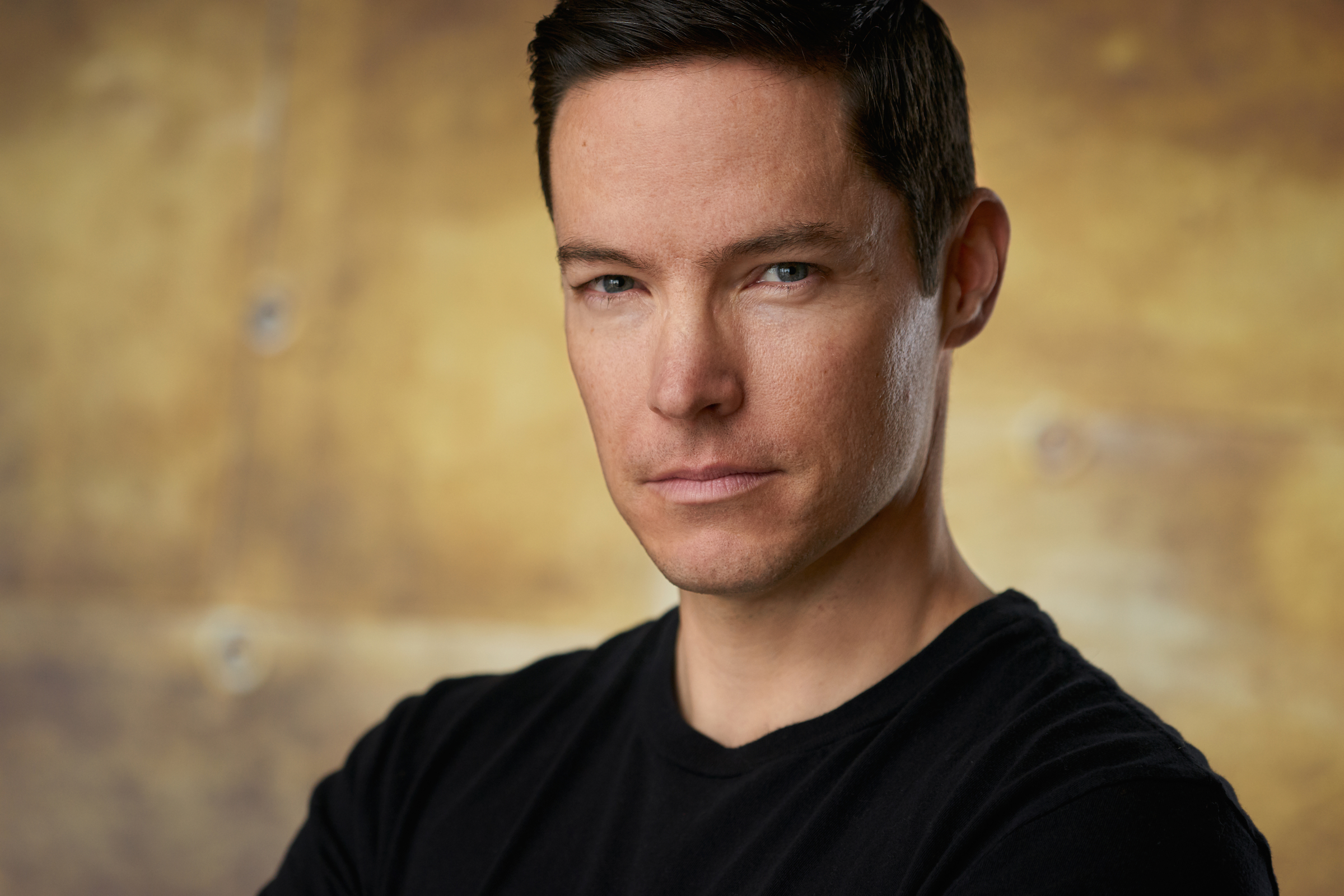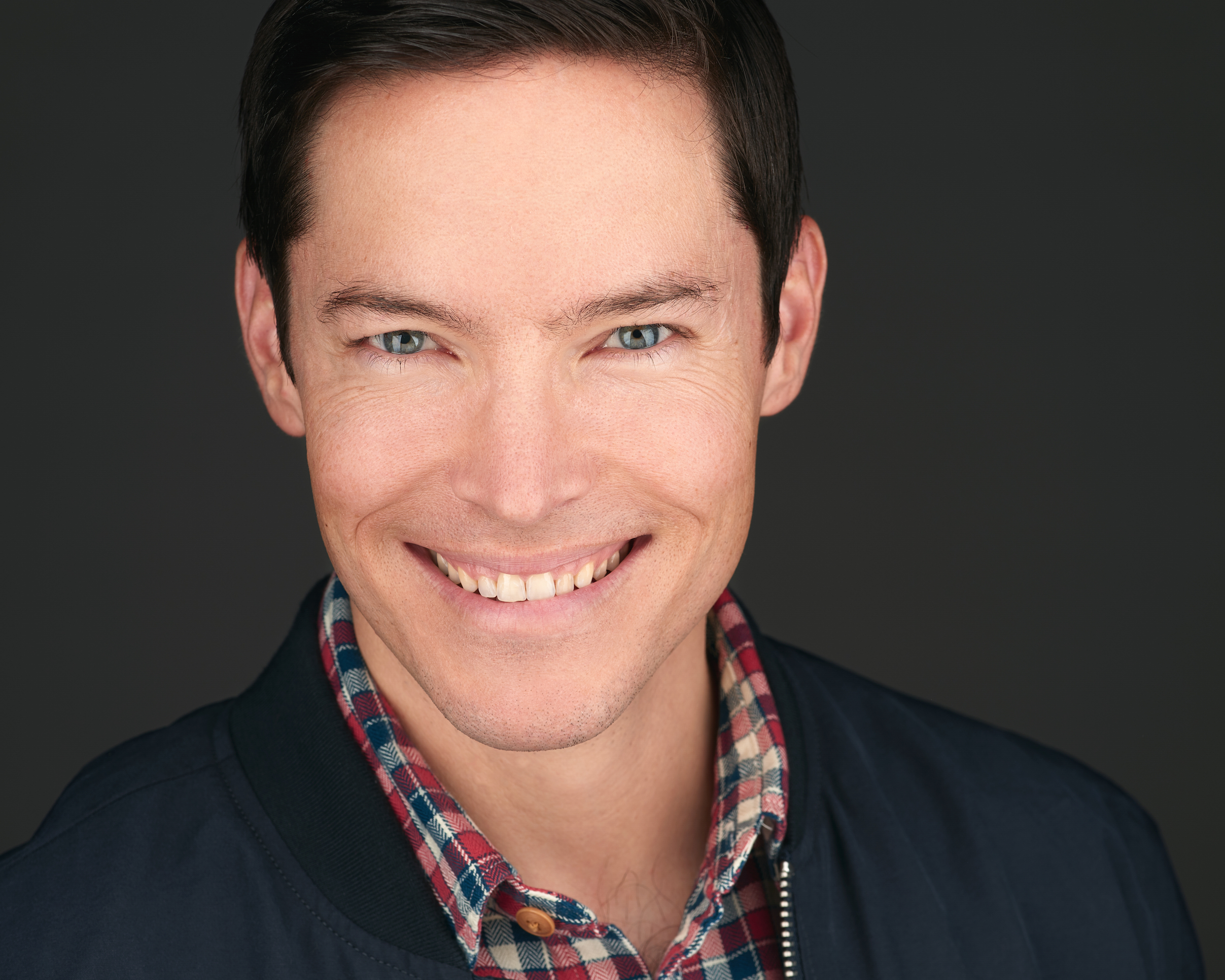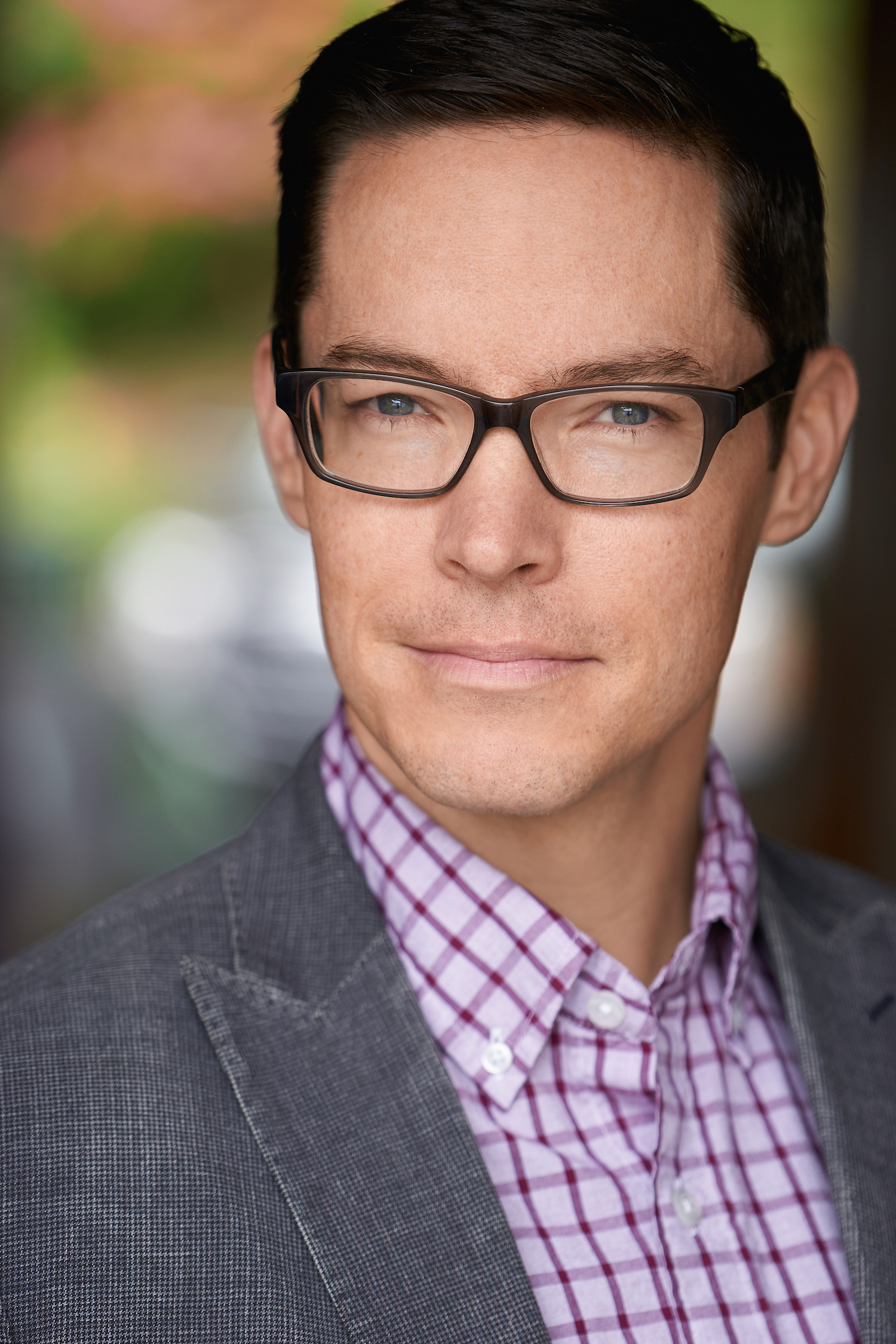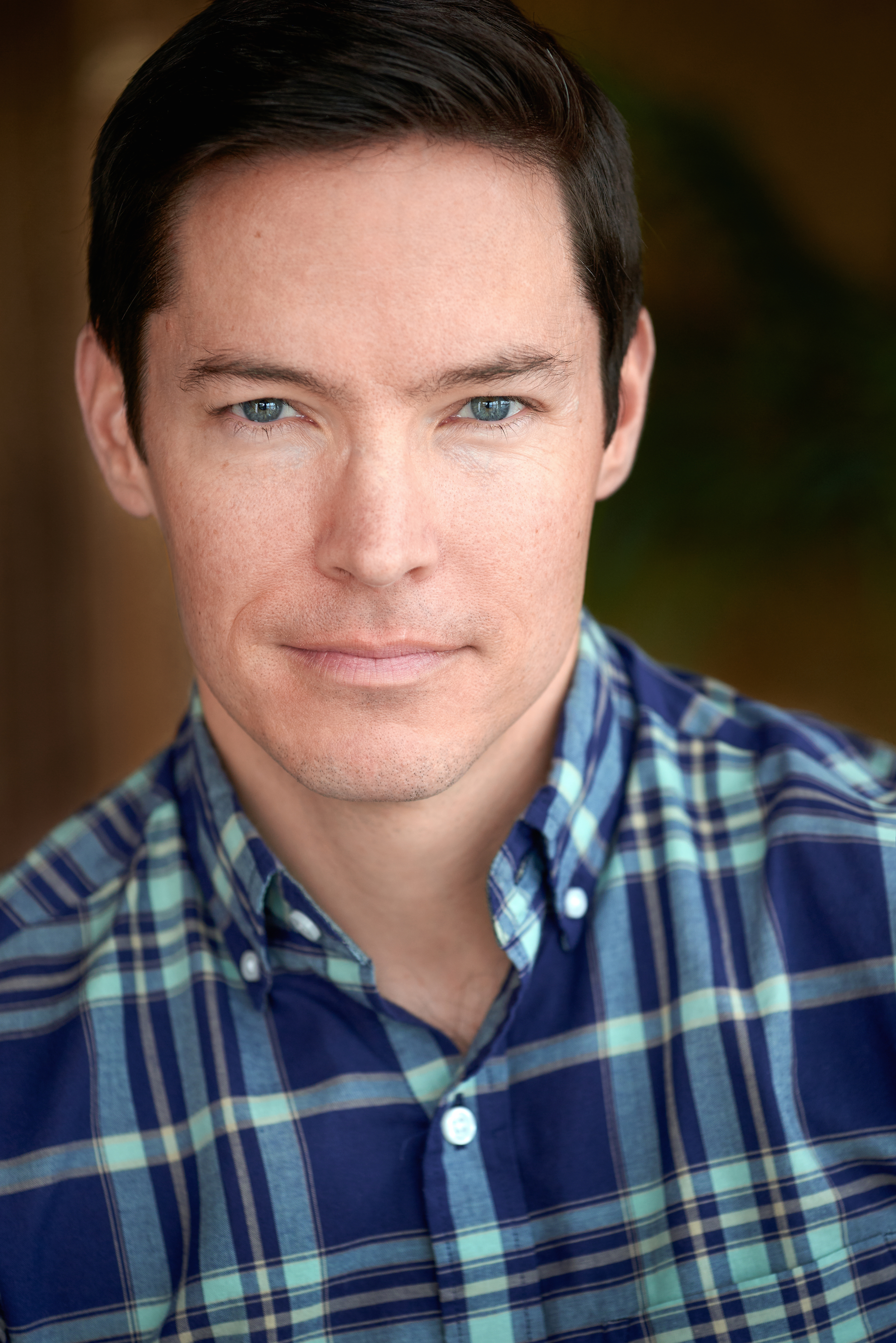As an actor and coach in the Northwest, I work with actors new to the industry quite often, many of which come to me with questions, concerns, and anxieties about how to handle their actor business. While my comments here will reflect upon the nature of our local industry, much of what I share will be applicable to The Industry as a whole.
Making a living as an actor is almost impossible. Does that scare you? Here is a statistic from The Guardian: “92% of the profession [is] out of work at any one time. What the figure doesn’t reveal is that the same 8% tend to work continuously while the same 92% never get a look-in.” Yeah, that should scare you a bit. And that’s a big one in terms of “things that should strike fear in the hearts of actors.” But today we are going to cover the more subtle yet pernicious things that create fear in actors.
What I want to talk about here is how the fear of doing it wrong not only stifles the work of an actor when creating (meaning, when doing the work in rehearsal or performance), but also creates problems and stress on a day-to-day level.
The impetus for this post came from a conversation that sparked on one of my Facebook groups, where members had a fairly passionate debate on whether newer actors should list extra work on their resumes. You can see a bit of the exchange below at the left, and you can link to FB as well via that image.
Extra Work on Your Resume’???
I entered The Industry as a stage actor in 2000, and it was not until 2010 that I began to navigate through the murky waters of on-camera business and acting. Among many of the “rules” that I heard when I first got started was “Never list extra/background work on your resume.” This “rule” is one that I have passed along to students, and until recently, I never gave it much thought. Recently, however, something changed my mind.
I was sitting in on a friend’s acting class, and a casting director’s associate said that for a beginner, a few extra credits on their resume is a good thing, as it relays important information, and, as with anything listed on a resume’, it can be a conversation starter. I then checked in with another local casting director and they had a similar stance: Along with training and other credits (if there are any), a few background credits are advised on the resume’ of a beginner.
Let the Discussion Continue
To quote one of my favorite actor advisors, Bonnie Gillespie, “If you include extra work on your resumé but also correctly list it as extra work, you should be okay. The problem most people in casting have with extra work on a resumé is that it is typically masquerading as ‘featured’ work. As long as you are forthright in the way you list your credits, you should be okay. That said, once you have any acting work on your acting resumé, it’s time to remove the extra work.” Read the entire article here.
What concerned me most about the responses to my post on Facebook was the passion it seemed to spark in those who believe the rule was supremely important. The rule as it has been passed down seems to say, ACTORS MUST NEVER PUT EXTRA WORK ON THEIR RESUME’. I mean, it’s kind of shouted from the mountaintop, and I am kind of like, “Uh, what’s the biggie?”
Surely this “rule” is not that big of a deal. Or maybe I am missing something. Again, I am speaking about things in our local industry. And after only a bit of research, I am fairly convinced that this “rule” should be taken a little less seriously. I mean, there are more important things for actors to focus on, right? Like actor training. Or a good headshot. Or knowing how to conduct yourself when on set.
In my opinion, listing real credits on a resume’, even if they are background, should not be held against an actor whether the actor knows this “rule” or not. I do think that these credits should be removed once replaceable with other credits, as Bonnie suggests above, but breaking/ignoring/misunderstanding this rule should not lead to consequences for the actor when auditioning. Perhaps a brief conversation when warranted, but nothing more.
Since we are talking “rules,” let’s chat about a few more things that cause anxiety for actors, shall we?
Headshot Fears and Concerns
Holy headshots, Batdog. Lots of “rules” when it comes to this part of the actor’s business plan, eh?
What does an actor need to know before getting their headshot taken?
- Go with a professional headshot photographer.
- If you are just getting started and can’t afford a pro, do your research and find out what a professional headshot looks like so you can get by while you save up some money. Research here.
- It’s got to be color.
- It has to pop! Remember, this is the digital age and a lot of casting happens while people are looking at tiny thumbnail images.
- It needs to be properly framed (head and shoulders unless you are a model).
- When you print hard copies, they should be 8×10, but 8.5×11 is okay in a pinch.
- You should have at least one theatrical/legit (“serious” looking) shot, and one commercial shot (warm, friendly, slight smile to full smile).
- Don’t cut too much off the top of the head. We need to see your hairstyle.
- Your eyes should be the point of focus.
Now, if you look at the shots on the right, you will see one studio shot (photography lights) and two in natural light. You will also notice a variety of backgrounds. AND, I bet if you asked some, the second photo has too much head cut off! You will also notice that in one shot I am wearing glasses. If you wear glasses in your daily life, and you find yourself more “castable” with your glasses on, make sure you have a photo with that look.
There are a lot of talented professional headshot photographers in the Northwest, and if you need a referral, just let me know.



Headshot Tips Video
To wrap this up, I want to tell actors that in order to find your version of success, you must follow your heart, do your research, understand how The Industry works, and blaze your own path to your goals, whatever they may be. Don’t be afraid of making mistakes, asking for help, and always speaking your truth.
If you have any comments, please add them below. I appreciate the discussion and hope you will ask me anything you have questions about.
Get all my news and tips

Thanks for reading and please keep in touch.
~ David
